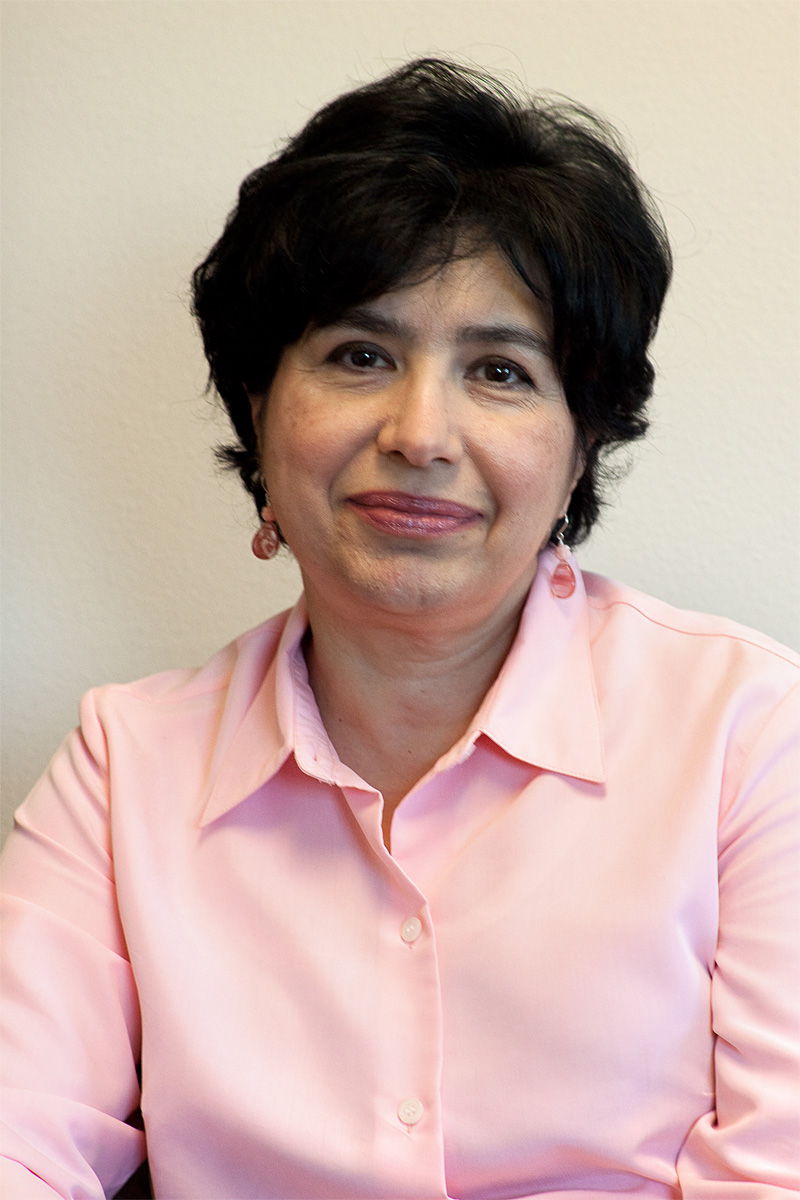When Someireh Amirfaiz left Iran in 1979 to visit family in Michigan for a couple of months, her home country had a reputation as an island of stability in the Middle East. By the time her trip was due to end, the Iranian Revolution had turned everything upside down. Instead of getting on a plane, Amirfaiz found herself filling out immigration paperwork.
Iran’s chaos kept her from returning, but the U.S. didn’t necessarily feel safer, Amirfaiz says. Incited by the Iranian hostage crisis, Americans threatened refugees, and sometimes worse. Some immigrants she knew were beaten. A couple in Texas were killed.
“People would say, ‘Don’t say you’re Iranian. Say you’re from some other part [of the Middle East],’ ” Amirfaiz says.
So just after 9/11, when Amirfaiz, as the new executive director of Seattle’s Refugee Women’s Alliance, stood in a room full of crying Muslim women, she knew exactly how they felt. They had gone with an employment caseworker to a business advertising jobs. The receptionist took one look at the women’s veils and threw their resumes away.
Helping women like these navigate intolerance and misunderstanding is only one facet of Amirfaiz’s job. She puts in 13-hour days at ReWA’s Rainier Valley headquarters, doing everything from writing grants to training staff to planning the entertainment for the organization’s upcoming 25th-anniversary gala.
“If I’m not busy, then there’s something wrong,” she says.
Her hard work shows. In her nine years of leadership, ReWA has swelled from one office with peeling paint and a staff of 32 to 11 sites that provide services including ESL classes, employment aid, domestic-violence counseling, mental-health care, and senior and youth programs, to name just a few. The organization served 18,000 people in King and Snohomish Counties last year.
“We had a five-year strategic plan,” Amirfaiz says. “We completed it within three years.”
Amirfaiz draws her energy from her clients’ resilience, she says. She reels off their accomplishments: Graduates of her organization’s child-care classes have opened their own child-care centers. Young immigrants have gone to college and become social workers, sometimes coming back to work at ReWA. On a recent morning she watched ReWA’s seniors, many of whom came to the organization isolated by communication barriers, pack into cars for a picnic.
The leaders of other social-service organizations in Seattle say they rely on ReWA for its influence among the local immigrant population. “I think they’ve become a very credible voice in their community,” says Mary Ellen Stone, head of the King County Sexual Assault Resource Center.
And one of the biggest points of pride for Amirfaiz is helping ReWA clients make their own voices heard politically. Every February, the Alliance takes busloads of immigrants to rally in Olympia. Last year 1,900 made the trip, speaking out on subjects such as the need for jobs.
“It comes from the heart, and it’s not sugarcoating it,” she says. “You say it in the most basic English language, and that’s where you feel it in all your being.”





